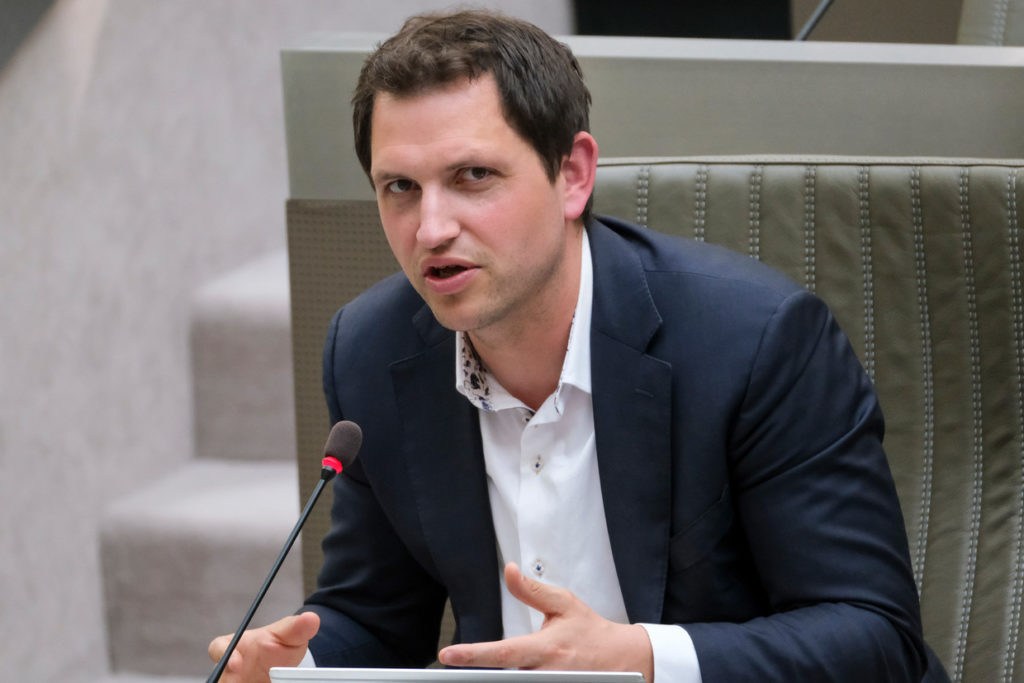A member of the Flemish parliament has called for a subsidy of €1.8 million promised to the Pukkelpop festival not to be paid since the festival is now cancelled.
Maurits Vande Reyde, a member of the coalition party Open VLD, argues that the rules on subsidy guarantees are too flexible, and allow organisers to pass off the risks of their business onto the government.
Pukkelpop cancelled this year’s four-day festival, planned for August, last week, after new rules on testing for Covid-19 made organising a festival on the scale planned impossible, organisers said.
The Factory, the company behind the festival, has received two kinds of subsidy from the Flemish government: €500,000 from the department of tourism minister Zuhal Demir (N-VA), and a guarantee of €1.8 million from labour minister Hilde Crevits (CD&V).
The €500,000 has already been paid out, but the €1.8 million has not. Now both ministers are reported to be looking at ways of getting the money back on the one hand, and escaping the need to pay on the other.
The Pukkelpop organisers argue that the festival had to be cancelled because of strict new health rules imposed by the government – a sort of force majeure that means they should still received the money. At such a late stage of preparation, they have already incurred major costs – the stage-builders were at work when the word of cancellation came in.
“That guarantee scheme was intended as working capital: if their festival went ahead, they would pay it back,” said Vande Reyde.
“If the festival could not go ahead, that amount covered the costs incurred that they could not reclaim. Many organisers do this in the right way, but the scheme gives them too much room to pass the risks on to the government.”
He likened the case of Pukkelpop to that of the Grote Bevrijdingsfeest, organised in Deinze by the son of vaccines expert Pierre Van Damme.
“A confused picture of whether the festival could go ahead at all, a sudden cancellation and the blame then placed on the government, while the safety risks were perfectly estimable,” he said.
“The financial risk is partially or completely passed on to the taxpayer. That is not the intention. There must be a thorough investigation into what has happened to the aid and whether it can be recovered.”
And he also called for an examination of whether companies like The Factory need government subsidy at all. Apart from last year, when the festival was also cancelled, the company has made huge profits in recent times.
“The same goes for Tomorrowland, which is still promoting a sponsorship deal from a Formula 1 team just days after the cancellation,” he said.
“Should the government then jump into the breach completely, while profits have been built up in the past and will be again in the future? We should at least investigate whether they can repay the aid in the long term.”

